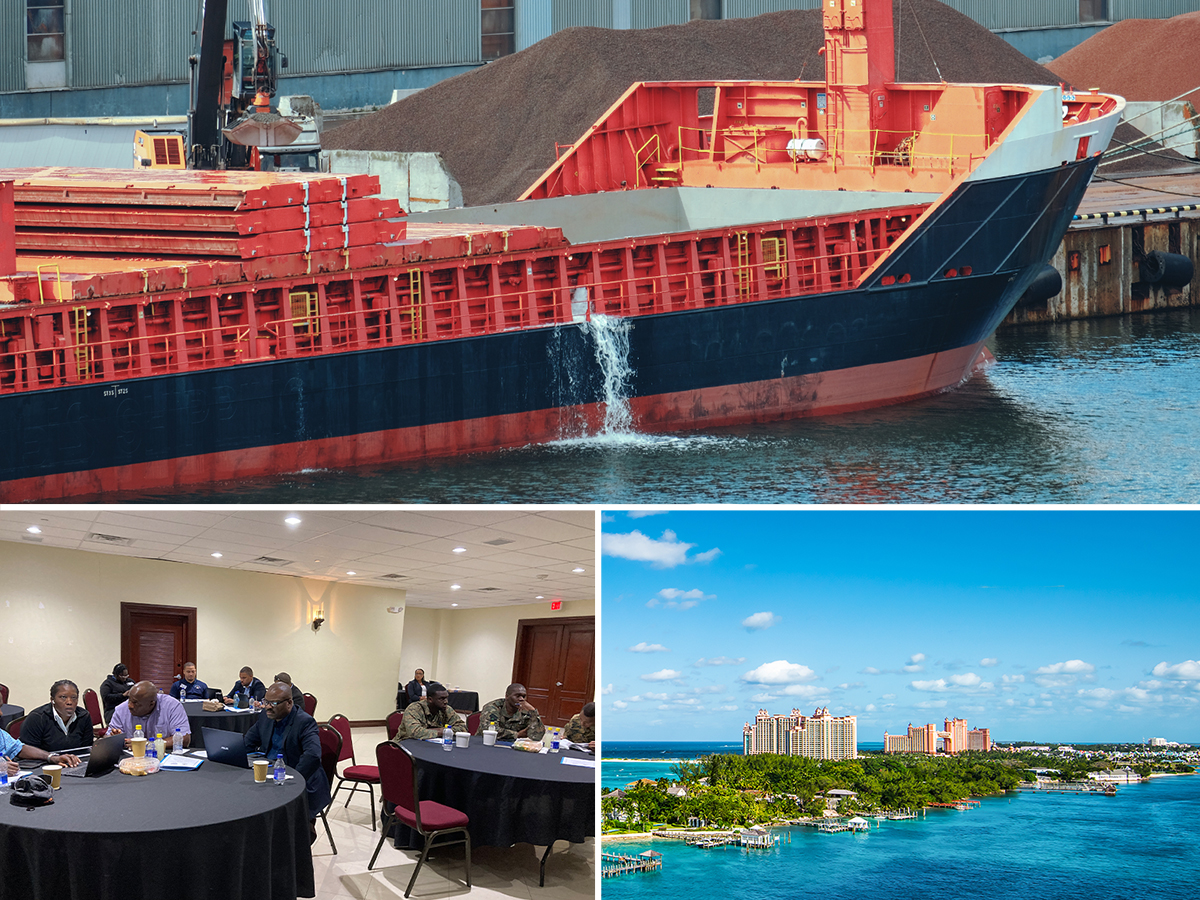The importance of the effective implementation and enforcement of the BWM Convention was the focus of a national workshop in Nassau, the Bahamas (31 October-2 November).
Through presentations, group discussions and role-play exercises, 32 government officials were made aware of the actions the Bahamas should take at a national level to implement and enforce the International Convention for the Control and Management of Ships' Ballast Water and Sediments, 2004 (BWM Convention).
Subjects covered include an introduction to ballast water management and the BWM Convention; understanding the obligations of Parties under the BWM Convention; compliance monitoring and enforcement for port State control; and risk mitigation.
Key outcomes from the workshop were increased awareness and understanding of the effective implementation and enforcement measures under the BWM Convention.
The BWM Convention, which entered into force in 2017, aims to prevent the spread of harmful aquatic organisms in ships' ballast water from one region to another. It does so by requiring all ships in international traffic to manage their ballast water and sediments to a certain standard, according to a ship-specific management plan. All ships must also carry a ballast water record book and an international ballast water management certificate.
The workshop was opened by The Honorable JoBeth Coleby-Davis, Minister of Energy and Transport, The Commonwealth of The Bahamas.
Bahamas became a party to the BWM convention in 2017.
The workshop was delivered through IMO's Integrated Technical Cooperation Programme (ITCP), in collaboration with the Bahamas, through its Ministry of Energy and Transport, and through RAC/REMPEITC-Caribe. Hosted by the Government of Curaçao, with activities largely funded by IMO, UNEP and the United Nations Development Program (UNDP), RAC/REMPEITC-Caribe assists countries to implement international conventions created to reduce pollution from ships.
